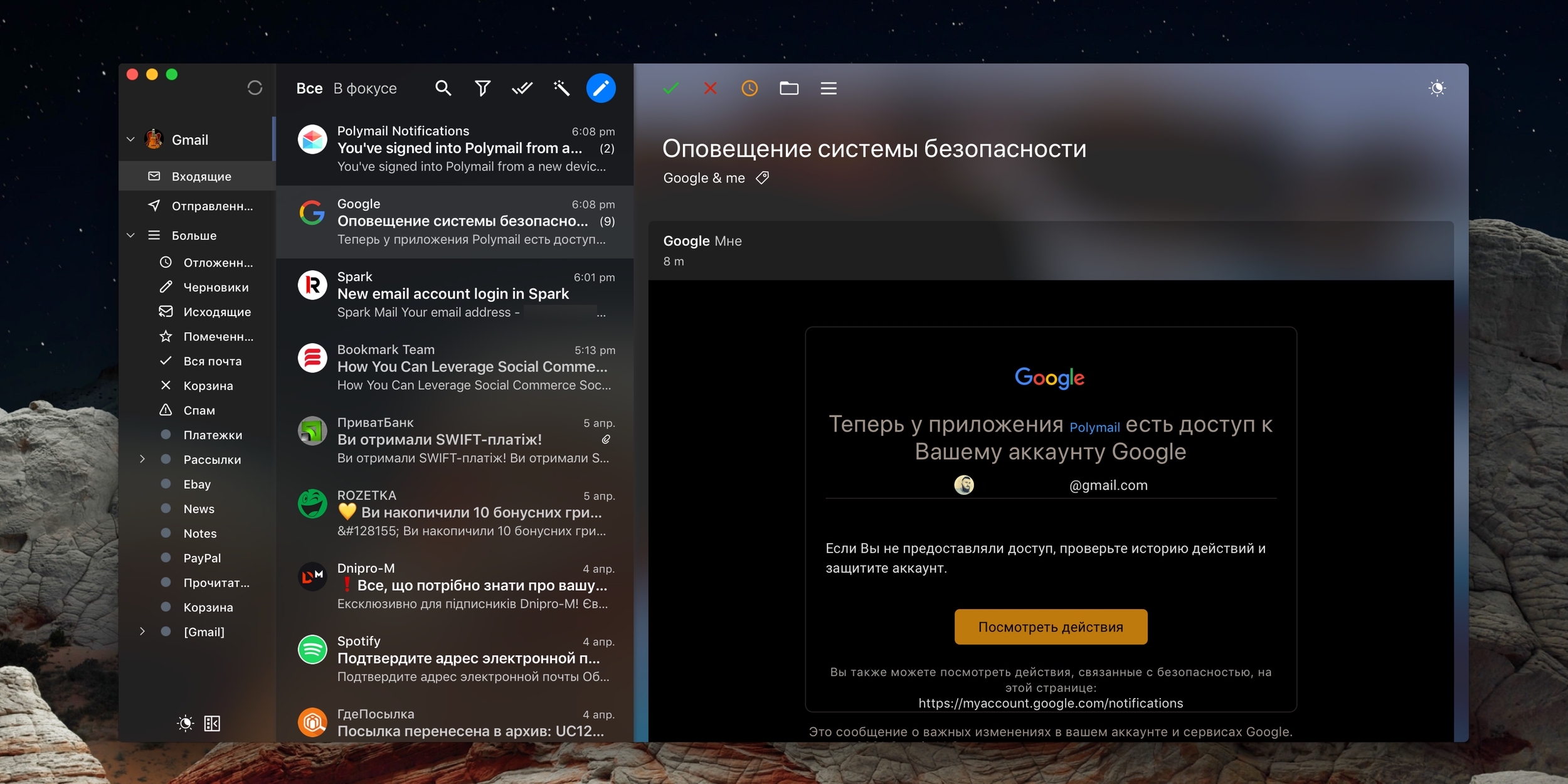
We analyze information through your device about your operating system, anonymized IP address, device info & identifiers, in-app events, and crash data. This device information includes your connection type and settings when you install, access, update, or use our Services. Device and Connection Information: If analytics is enabled, we may analyze information about your computer, phone, tablet, or other devices you use to access the Services. Information you provide through our support channels: The Services also include our customer support, where you may choose to submit information regarding a problem you are experiencing with a Service. However, diagnostic data will only be collected if the 'Help improve Canary' setting is enabled. Using Copilot for composing and replying to emails (which is optional) will leverage these server-based models.

However, state-of-the-art language models are extremely large and computationally intensive and hence must be hosted on server. Where possible, ML models are created, trained and stored on-device. Similarly, data associated with Cloud Sync is also cleared as soon as you disable Cloud Sync from your device(s).Ĭanary's upcoming Copilot feature leverages cutting-edge ML technology.
#CANARY MAIL FOR MAC ANDROID#
All data is cleared from our server when notifications are disabled on Canary Mail for iOS or Android or when you switch from Push to Fetch mode, in which case all data is stored locally only and new emails are fetched directly from your device. Data associated with a specific email is deleted as soon as the notification for that email is delivered to your device. For delivering Push notifications, Canary will temporarily store your email address, credentials, sender, subject line, and first line of the message on our server. The only scenario in which we will temporarily store this data is if users of Canary Mail for iOS or Android choose to enable Push notifications when they receive email, or if users use the Cloud Sync feature. All of this information is stored on your device and is never transferred to our servers.

In order to function properly, Canary Mail for Mac, iOS and Android accesses your name, email address, credentials (such as OAuth access tokens for email servers which support them), and email content. By default, Canary does not collect or store the content of your personal email messages, whether incoming or outgoing. Information to set up Canary Mail: The information Canary accesses and collects depends on the way you use it. We collect information about you when you provide it to us, when you use our Services, and from certain third parties as further described below.


 0 kommentar(er)
0 kommentar(er)
